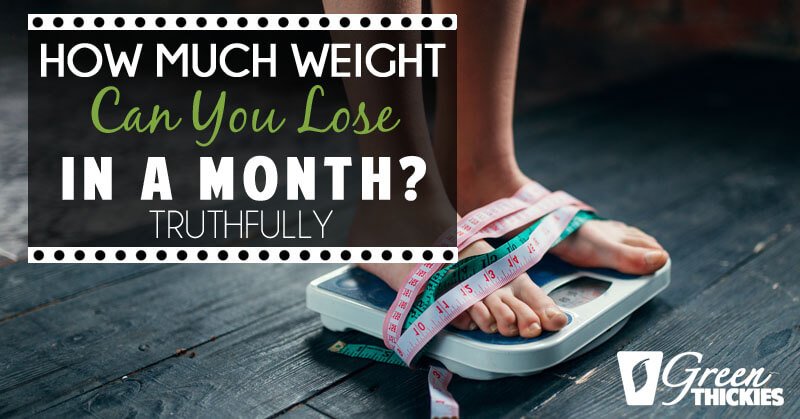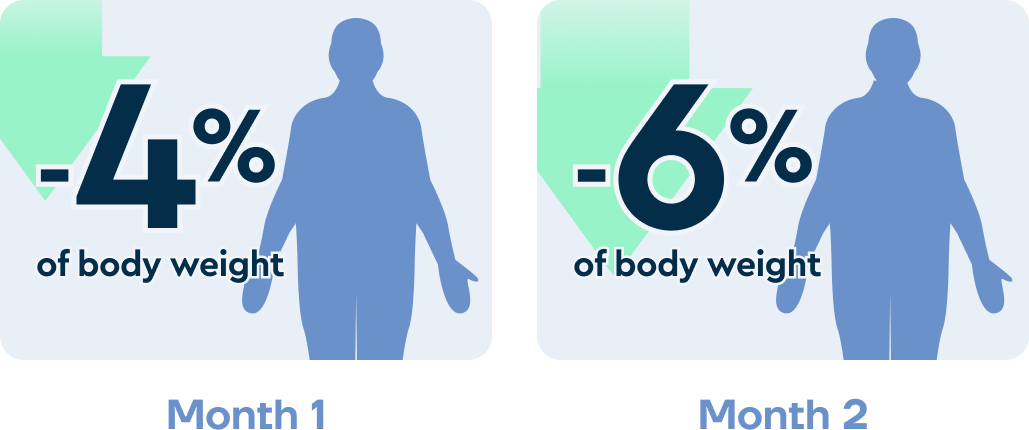How Much Weight Can Lose In 6 Months

Losing weight is a goal for many, but achieving it safely and effectively within a reasonable timeframe is key. Experts emphasize a sustainable approach to weight loss, targeting healthy habits over rapid results.
The question, "How much weight can I lose in 6 months?" is complex and depends on various individual factors. This article cuts through the noise, delivering confirmed data on achievable and healthy weight loss targets.
Realistic Weight Loss Goals
According to the Centers for Disease Control and Prevention (CDC), a healthy and sustainable weight loss rate is 1-2 pounds per week. This translates to approximately 24-48 pounds over a 6-month period.
However, initial weight loss may be more rapid, particularly for those starting from a higher weight. This is often due to water loss and changes in metabolic rate.
Factors Affecting Weight Loss
Several factors impact how much weight an individual can lose. These include initial weight, diet, exercise routine, age, gender, and underlying health conditions.
For example, men tend to lose weight more quickly than women due to their higher muscle mass. Similarly, younger individuals often have faster metabolisms compared to older adults.
Diet plays a crucial role. Consuming fewer calories than you burn is essential for weight loss. A balanced diet rich in fruits, vegetables, and lean protein is recommended.
Regular physical activity is also paramount. Aim for at least 150 minutes of moderate-intensity exercise per week, as advised by the American Heart Association.
The Importance of a Sustainable Approach
Rapid weight loss, often achieved through extreme diets, can be detrimental to your health. It can lead to muscle loss, nutrient deficiencies, and a higher risk of regaining the weight.
A sustainable approach focuses on gradual lifestyle changes. This includes making healthier food choices, incorporating regular exercise, and managing stress levels.
Consulting with a healthcare professional or a registered dietitian is highly recommended. They can help you develop a personalized weight loss plan that considers your individual needs and health status.
Data and Research
Studies have shown that individuals who lose weight gradually are more likely to keep it off long-term. A study published in the International Journal of Obesity found that individuals who lost weight at a slower pace maintained a greater percentage of their weight loss over five years.
The National Institutes of Health (NIH) emphasizes the importance of setting realistic weight loss goals. Their research indicates that even a small weight loss of 5-10% of your body weight can have significant health benefits, such as improved blood pressure, cholesterol levels, and blood sugar control.
Conclusion: What's Next?
While 24-48 pounds is a reasonable target for 6 months, individual results vary. Focus on adopting healthy habits, tracking your progress, and seeking professional guidance.
Ongoing research continues to refine our understanding of effective weight loss strategies. Stay informed and prioritize a sustainable approach for long-term success and well-being. Consider tracking your calories and macros to ensure you are in a calorie deficit. Use apps like MyFitnessPal or consult a nutritionist.


















